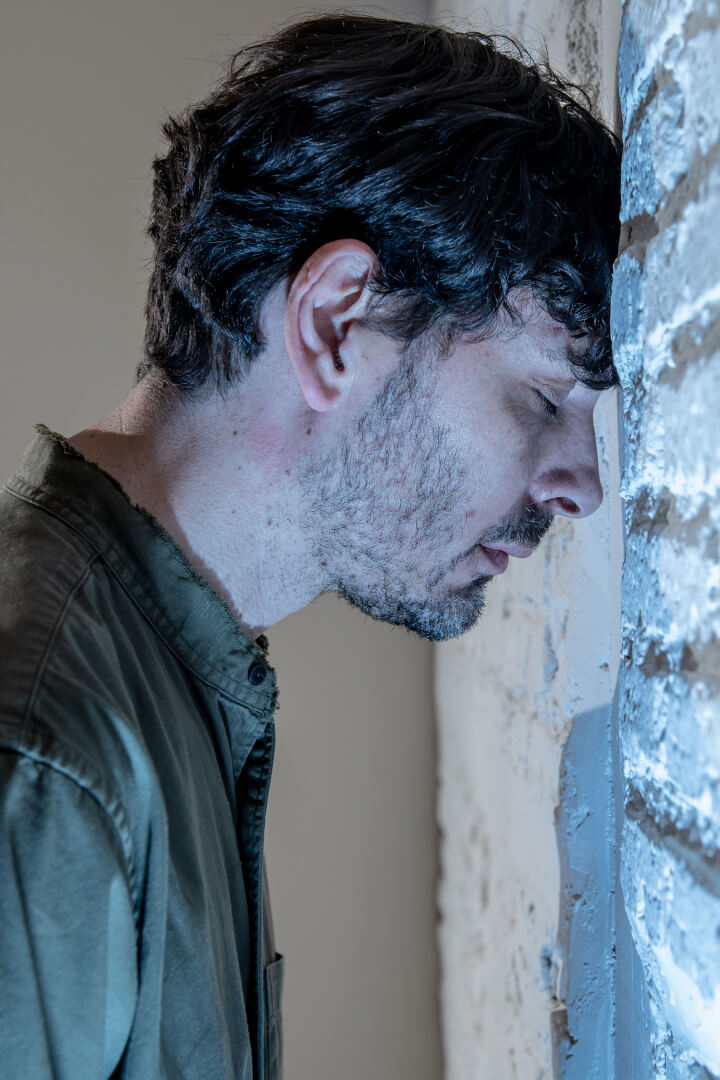Why Schizophrenia and Substance Misuse Co-Occur
Studies have looked into why these conditions co-occur. In some cases, substance abuse may cause earlier onset of schizophrenia in “vulnerable” individuals. Schizophrenia is genetic and is not caused by the use of drugs or alcohol, but it can cause the person to slip into schizophrenic symptoms earlier than they would have without drug use. In other cases, people who are actively suffering from schizophrenia may use different substances as a form of self-medication to alleviate certain uncomfortable symptoms.
Another proposed cause of the high rate of substance use in people with schizophrenia has to do with a lack of dopamine within the brain. The pathways that connect to schizophrenic symptoms are the same pathways that define the reward circuit. Because of this, the use of different drugs or alcohol helps increase dopamine and can correct some of the deficits in that reward circuit.


